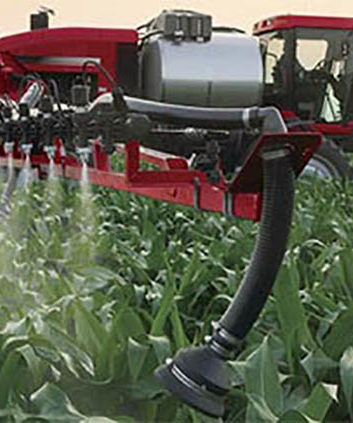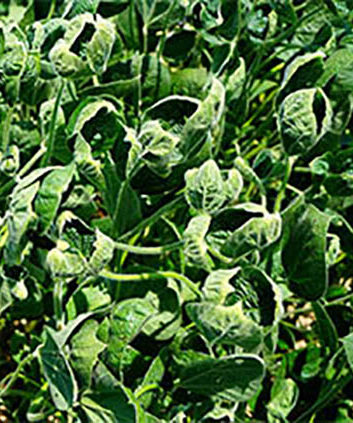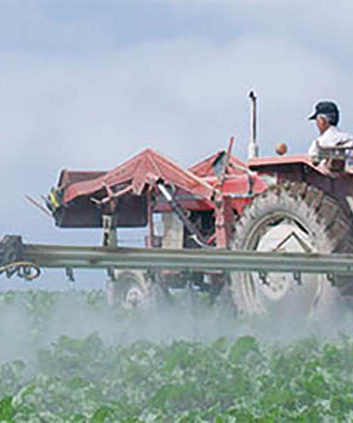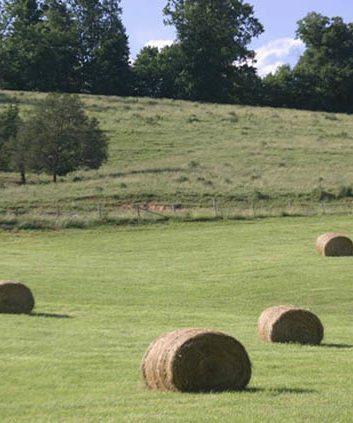The Herbicide Stewardship program in the University of Tennessee Institute of Agriculture Department of Plant Sciences in association with UT Extension and strives to educate producers on the best management practices for herbicide use. These practices include selecting the appropriate herbicide, applying the herbicide correctly, reducing the risk of off-target damage to sensitive crops, and providing diagnostic aids to identify the cause of crop injury.


Herbicides
Expand content upHerbicides used on row crops, forages, and pastures are highly effective in controlling weeds; however, herbicides can cause damage to plants, forages, and pastures if used incorrectly.

Diagnose Injury
Expand content up Accurately diagnosing plants that show herbicide injury is difficult. Know the symptoms produced by particular herbicides, or how specific plants react.

Spray Today?
Expand content upKnowing the best weather conditions for the day of the scheduled spray, what time of day is most recommended, and the extended weather forecast will help insure a successful spray.

Forages and Pastures
Expand content upHerbicides can be the best alternative to effectively control troublesome broadleaf weeds in pastures.

Sprayer Setup
Expand content upThe proper maintenance and use of spray equipment will help you make accurate and consistent spray applications, reduce drift, and minimize wear and tear on equipment.

Latest Information
Expand content upFind the latest news regarding herbicide use, regulations, and education on drift issues, and updates on concerns in Tennessee. Learn about recent discoveries in weed science and technology.
Read the many herbicide stewardship publications written on the subjects of weed identification and control, preventing and diagnosing herbicide injury, and many other topics.
Contact Us
Dr. Larry Steckel
Professor & Extension Weed Specialist
West Tennessee AgResearch and Education Center
605 Airways Boulevard
Jackson, TN 38301
Phone | 731-424-1643
Fax | 731-425-4760
Email | drift@utk.edu
